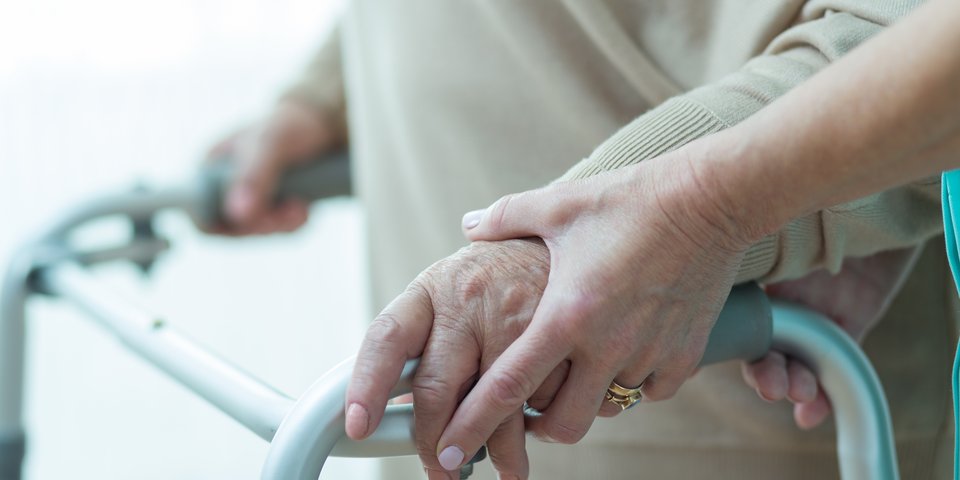 iStockphoto/KatarzynaBialasiewicz
iStockphoto/KatarzynaBialasiewiczDisability services during the pandemic
Report on the impact of COVID-19 identifies significant issues
TR – 05/2020
The outbreak of coronavirus also impacts the care and
support of the more than 80 million people with a disability in Europe. The European Association of Service
Providers for Persons with Disabilities (EASPD), based
in Brussels, was founded in 1996 as an umbrella organisation for European
institutions that provide support services to people with disabilities. It
represents over 17,000 service providers from more than 30 European countries.
Luk Zelderloo, Secretary General of EASPD said: ‘COVID-19
has affected the lives of many persons with disabilities and their families,
more than most ... Urgent attention is now needed to ensure that people with
disabilities have access to the support services they need, in healthy and safe
conditions, in line with the EU’s and Member States’ human rights obligations.’
This corresponds with the UN
Convention on the Rights of Persons with Disabilities (CRPD) which entered
into force in 2008 and the European
Disability Strategy 2010-2020.
Survey of 23 countries
EASPD carried out a survey from 16-23 April 2020 to provide
an initial snapshot and assess the current situation. There were 47 responses
from members and partners across 23 countries: 19 EU Member States, the United
Kingdom and three non-EU countries. The main findings are as follows:
1. A
general lack of personal protective equipment and corona testing.
2. A
sharp increase in workload with most staff working longer hours than prior to
the outbreak of COVID-19.
3. Financial
difficulties due to income that has decreased or is unstable despite an
increase in costs.
4. A
lack of planning and guidance from public authorities in terms of the needs of
persons with disabilities.
5. Residential
care facilities for persons with disabilities have continued to stay open.
6. Face-to-face
contact for other types of services has generally ceased, except for persons
with very high support needs or day-care for the children of essential workers.
7. In
order to avoid closing completely, these types of services have shifted to
providing online support; however, this does not replace the need for
face-to-face support.
8. Many
workers in non-residential services have been redeployed to residential care
services. Job losses and short-time work are not considered to be an issue.
9. However,
there are major concerns about the impact of the crisis on the employment of
persons with disabilities.
10. There
are still major staff shortages in residential care services with most
professionals working extra hours to ensure the provision of services.
What needs to be done?
Public authorities at all levels should actively work
to find solutions to these issues and to protect support services for persons
with disabilities from the consequences of the COVID-19 crisis. EASPD has
recommended five priorities to policy makers: Disability services must be given
greater political urgency; they must have prioritised access to personal
protective equipment and testing; sufficient staffing should be guaranteed; they
should be protected from loss of income; and they should be more involved in
scenario planning.
To achieve these objectives, EASPD intends to collect
further data and collaborate with researchers in the coming months to help public
authorities and service providers for people with disabilities to best respond
to the COVID-19 pandemic.
The EASPD report ‘The Impact of COVID-19 on Disability
Services in Europe’ is available here.
